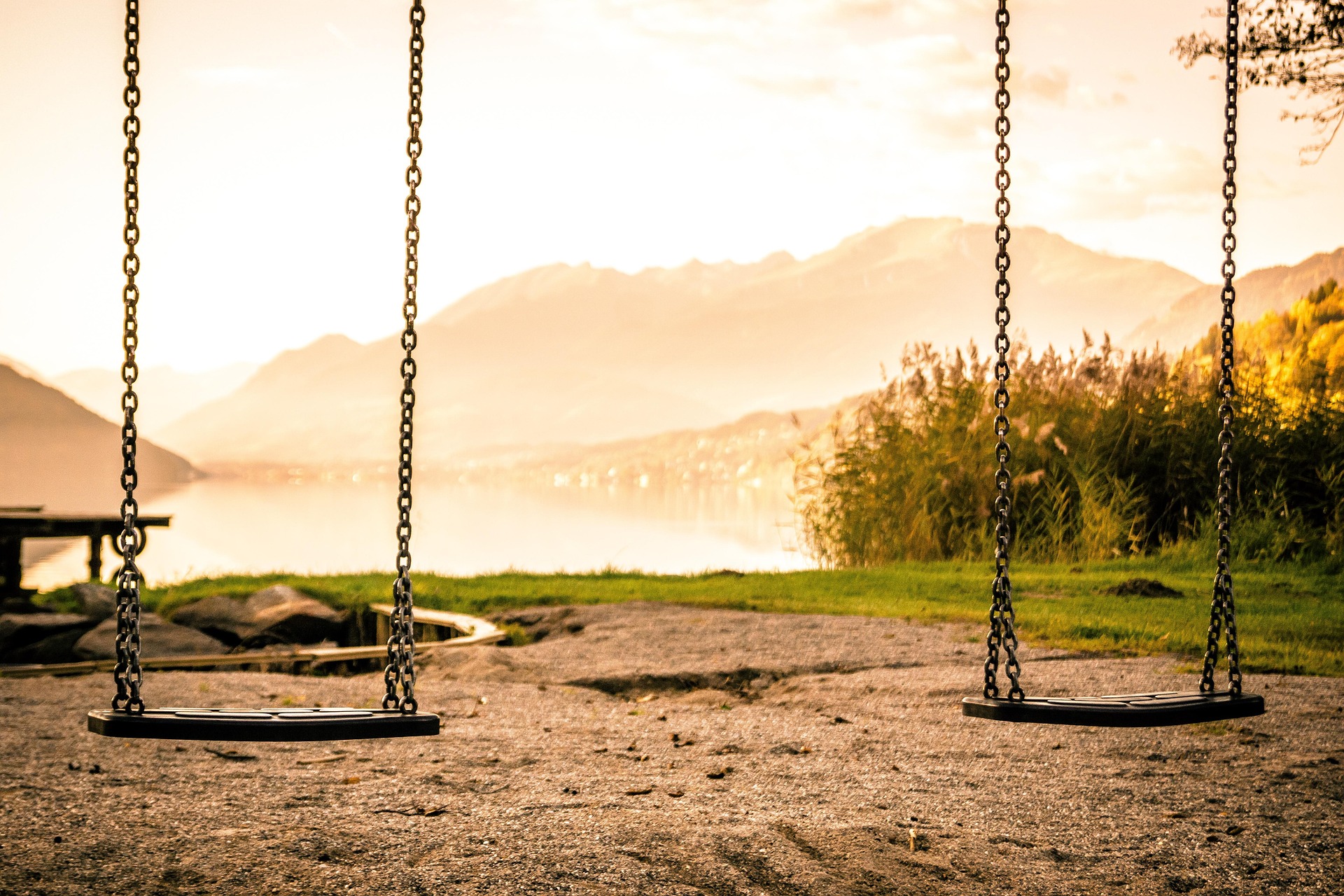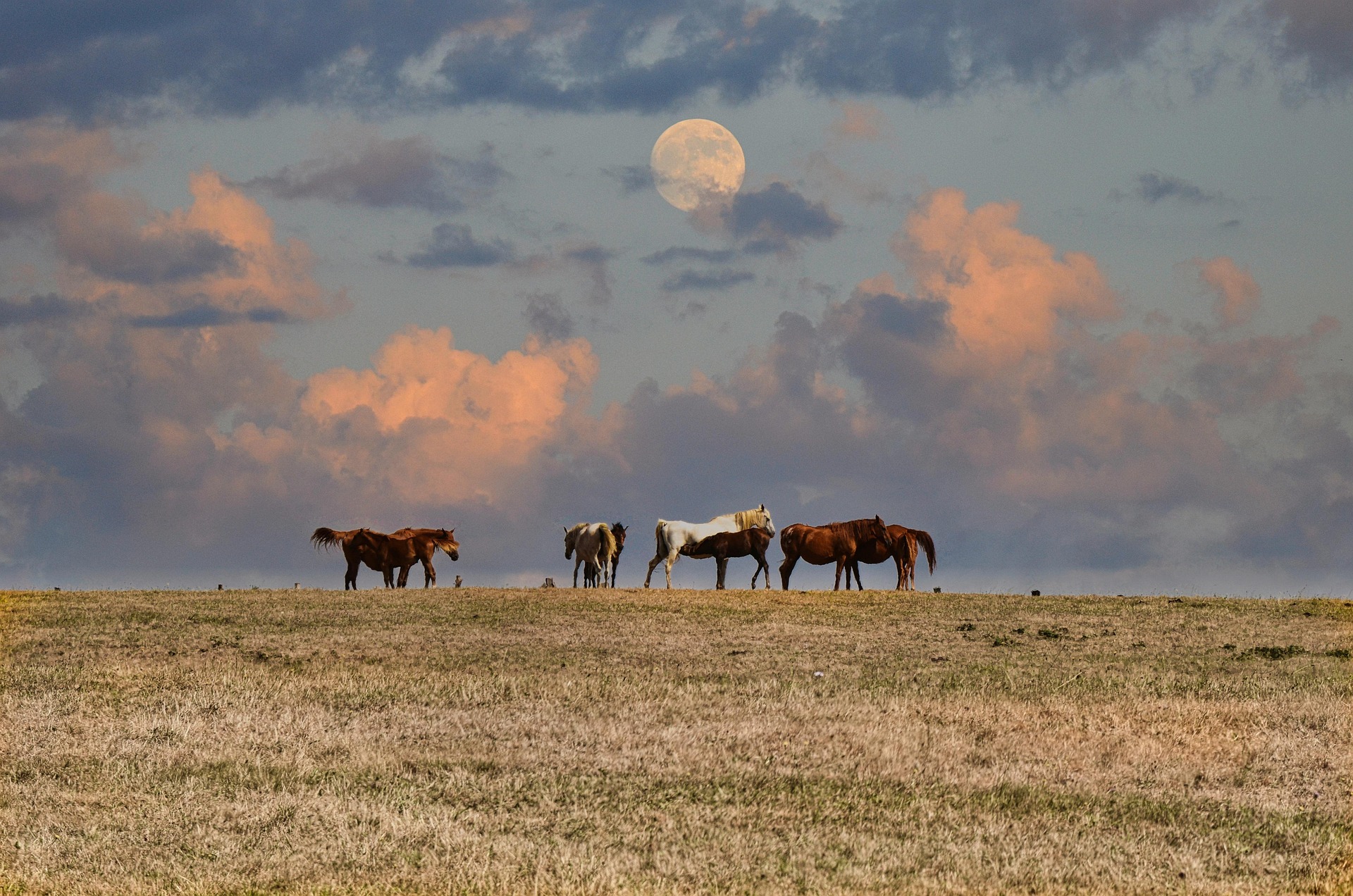Imagine standing in an open playground, late summer afternoon, with the sun setting and a warm breeze flowing through your hair, facing your 10-year-old self. Their knees are scraped and grass-stained, dirty, overworn shorts bought by your mom years before that by now are shoved in the back of the closet or donated to a younger family member. Your younger self is confident, reckless, and ready to fight; however, as you’re standing opposite of the person you seem to know so well, you suddenly realize – this isn’t about winning a scuffle; it’s about something else entirely. This is about how much change you’ve undergone over the past years and how this has reflected on your current self. Would you still recognize the person you were when you were 10? Most importantly, would they recognize you?
Author: Zofia Czarnecka
When it comes to physical strength, the current you would have the upper hand. You’re taller, stronger, and more experienced, while your 10-year-old self is frail, weak, and susceptible to getting hurt. Maybe you avoid physical confrontation, but if the need arose to protect something dear to you or to upkeep your pride, you would use your strength to your advantage. Kids get their hands dirty all the time, and they never learn, no matter how many times they lose a fight. The winner of this brawl should be obvious.
On the contrary, your opponent has something that you don’t. They are not afraid to jump into action without considering the consequences they might have to suffer. There’s a very thin line between being brave and reckless, but this is a risk worth taking to uncover the hidden possibilities and outcomes of your life. Children don’t hesitate to do what they feel like could be worth the trouble. Your 10-year-old self will swallow a packet of sugar and, with all that extra energy, jump into action. Maybe kids don’t need to worry about getting hurt because their bodies heal fast, and they don’t cling to embarrassing memories.
This is something that seems to have been lost as we’ve aged. We are more careful because we are hyper-aware of the risks connected to basically everything. We overthink minor interactions and hesitate to do things that could impact our lives positively just because they might have unpleasant side effects. Movement, which once was the means of uncovering the unknown and satisfying curiosities, now has become a bane and an effort. Walking 20 minutes to the nearest store is an inconvenience, and we’d rather take a bus, while your younger self would probably love to explore the world while on a walk. Time and aging took away some qualities that could make us advance and succeed in our lives.
Intelligence should also be your strong suit. After all, you’ve suffered through years of schooling, endless homework, and tests to get to the point you are at now. It’s no secret that you are smarter than a 10-year-old. You are capable of strategizing and creating plans to win a fight most efficiently without having to use excess energy. You could plant traps, play mind tricks, and bluff. Children aren’t usually known for their keen eye and ability to plan. Once again, we’ve got ourselves the most likely winner.
When you were 10, you thought you knew everything. Adults were just older, taller people who seemed to have forgotten basic life skills, like how to build a pillow fort or the exact rules of an imaginary game created by you and your friends. Now you understand that you don’t know everything. You admit that you barely know anything. You feel more complex emotions that range from doubt to envy. When you were younger, the world appeared to be smaller and simpler, yet now it seems to be so large you feel lost in it. Choices feel endless, and so do your possibilities. When people have a dream university or country they’d love to live in, it’s usually the remains of the decisiveness they had when they were just kids. Most people have no idea where their lives will lead them, where they are going to end up, and what they are going to do.
Everyone has been through a handful of personal and tough events that helped mature them and shape them into who they are now. You probably still suffer from the things you never quite healed from, letting them affect your mind and well-being. Sadness is a universal emotion that nobody capable of feeling empathy is immune to. When you were 10, when you were sad, you were sad. Your emotions were intense, and everything felt like it meant the world to you. But as soon as they came, they went. Your sadness was often short-lived and forgotten about within an hour. Now, you live through experiences differently. You use coping mechanisms, albeit healthy, I hope, perhaps you journal, you talk to friends or a psychologist. But depending on the graveness of the situation, it takes a while to get over stuff. It takes weeks of remembering an awkward moment, months to move on from an ex, and even years to fully heal from personal trauma. Some measures act as a catalyst to processes such as these, but it is generally considered good to take your time understanding what has happened and moving on from it. We seem to carry our emotions quietly, not wanting to make a scene or cause drama.
If you lost the fight, would you cry? Would your younger self? Instead of “letting it all out,” we bottle up our feelings, causing the wounds to last longer. We have learned to endure, but does that make us stronger or just… older? Scientifically, it is much healthier to feel everything in the moment and act accordingly, but it is not socially acceptable to throw tantrums and burst out crying while working or at school. Have we grown emotionally, or just learned to suppress?
If you did end up winning this fight, what would victory even mean to you? Would you feel accomplished for beating your younger self, or would you finally prove to yourself that you’re not the person you used to be and that you’ve changed? Would the 10-year-old you admire you for becoming so strong? Would they look up to you? Are you who they wished they would someday become? If you won against this child that is so familiar to you, would you feel proud? Or perhaps disappointed in what you lost when you grew up.
Maybe you aren’t supposed to win. Instead, you should ask the person across from you, “What do you think of me?” The answer to that question is more valuable than winning any battle in the world. This isn’t about defeating your younger self – it’s about remembering what it was like to be them and carrying a piece of them forward with you.
Cover picture by: biancamentil – Pixabay
Edited by: Ieva Stalauskaite, Johanna Larsson Krausová



